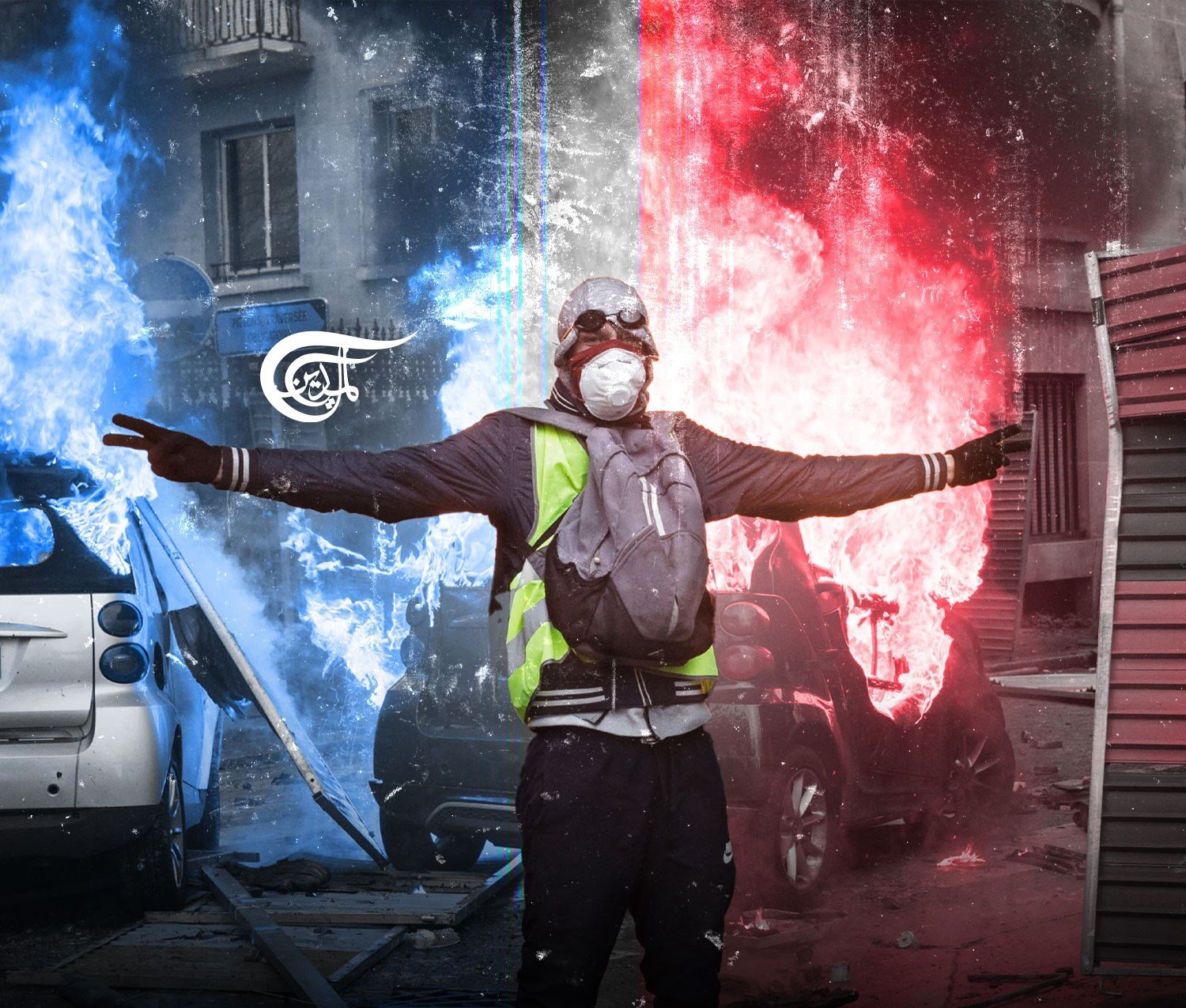A Call for Action: France, Concerns of Escalation and Societal Divide
The shooting has further exposed the deep-rooted social divisions within French society, with some perceiving the incident as a manifestation of racial profiling, discrimination, and disproportionate use of force by law enforcement.
-

A Call for Action: France, Concerns of Escalation and Societal Divide
The recent shooting and tragic death of a 17-year-old boy by a police officer in France has triggered a wave of violence and protests, amplifying existing tensions and raising concerns about the potential escalation of unrest not only in France but also across Europe. The incident has brought issues of police violence, discrimination, and societal divisions to the forefront, highlighting the urgent need for dialogue and meaningful change.
The young boy, hailing from a North African Muslim background, was fatally shot by a police officer under circumstances that are still under investigation. The incident has struck a deep chord within communities already grappling with a range of socio-economic challenges and perceived systemic inequalities. While authorities are working to gather all the facts surrounding the incident, the immediate aftermath has been characterized by widespread outrage, calls for justice, and demands for accountability.
In the wake of the shooting, protests quickly spread across France, with demonstrators taking to the streets to voice their anger and frustration. What began as a localized event soon gained momentum, attracting individuals and groups from different regions and communities. The protests have become a rallying point for those who feel marginalized and disempowered, as well as for those advocating for broader social and systemic change.
The shooting has further exposed the deep-rooted social divisions within French society, with some perceiving the incident as a manifestation of racial profiling, discrimination, and disproportionate use of force by law enforcement. The incident has exacerbated existing tensions and ignited a debate around systemic racism, police reform, and the integration of marginalized communities. If left unaddressed, these divisions could fuel further unrest and widen societal fractures.
While the immediate focus is on France, the repercussions of this incident extend beyond national borders. The situation has the potential to reverberate across Europe, where similar issues of social inequality and marginalization persist. The incident has struck a chord with individuals and communities who feel that their voices are not heard and their grievances are not adequately addressed.
In order to prevent further escalation and promote healing, it is imperative that all stakeholders engage in meaningful dialogue. The government, law enforcement agencies, community leaders, and civil society organizations must come together to address the underlying causes of these tensions and work towards building trust, understanding, and inclusivity. This includes examining police practices, fostering intercultural dialogue, and implementing social policies that promote equality and opportunities for all.
If the French government fails to respond responsibly to the shooting of the 17-year-old boy, the situation could rapidly deteriorate, leading to a further escalation of tensions and potential unrest. Without a timely and appropriate response, the initial wave of protests could intensify and spread across different cities and regions. Frustration and anger among marginalized communities, already feeling unheard and oppressed, would deepen, fueling more widespread demonstrations and acts of civil disobedience.
The failure to address the underlying issues of systemic racism and social inequality could widen existing social divisions. Communities may become increasingly polarized, with rising mistrust and animosity between marginalized groups and law enforcement. This division could further erode social cohesion and hinder efforts toward reconciliation.
In the absence of responsible action, peaceful protests could turn increasingly violent. Confrontations between protesters and law enforcement could escalate, leading to clashes, property damage, and injuries. The situation may attract extremist elements who seek to exploit the unrest for their own agendas, further exacerbating the violence and chaos.
Given the North African Muslim background of the boy who was shot, ethnic and religious tensions may be heightened. This could lead to incidents of discrimination, hate crimes, and inter-communal conflicts, as mistrust and prejudice between different communities become more pronounced.
The failure to effectively address the situation would likely draw international attention, tarnishing France's reputation and standing in the global community. Criticism from human rights organizations, international bodies, and neighboring countries could mount, further straining diplomatic relations and damaging France's image as a champion of liberty, equality, and fraternity.
If the government does not take responsible action, the consequences could be long-lasting. The sense of injustice and frustration within marginalized communities may deepen, resulting in continued protests, strikes, and social unrest. This could undermine stability, economic growth, and social cohesion, leading to a cycle of ongoing unrest and civil discord.
Preventing such a scenario requires a comprehensive response that addresses the root causes of social inequality, discrimination, and police violence. It necessitates meaningful dialogue, genuine reforms, and a commitment to fostering inclusion, equality, and justice for all citizens. By taking responsible action, the French government can play a vital role in deescalating tensions, promoting healing, and paving the way for a more equitable and harmonious society.
The shooting of a 17-year-old boy in France has ignited a firestorm of protests and unrest, highlighting the deep-seated issues of discrimination and social divisions within the country. The incident has the potential to escalate further, not only in France but also across Europe, where similar challenges persist. It is essential that authorities, communities, and stakeholders prioritize dialogue, understanding, and reforms to address the root causes and promote a more inclusive and harmonious society. Only through collective efforts can lasting change be achieved, ensuring justice, dignity, and equality for all.

 Walid Mahroum
Walid Mahroum
 5 Min Read
5 Min Read











